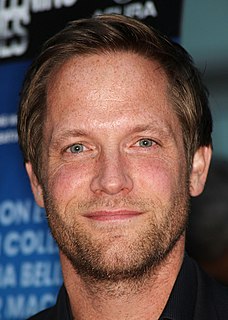A Quote by Jonathan Lethem
As much as I care about historical context - I'm very eager to read a really great historical account.
Related Quotes
When America installs a minimum income, it's going to be doing it in a very different historical context than Switzerland or Sweden or Germany, or any other country might do it. And we're doing it in a context where it has the potential, I think, for much better consequences than in those other countries.
All knowledge that is about human society, and not about the natural world, is historical knowledge, and therefore rests upon judgment and interpretation. This is not to say that facts or data are nonexistent, but that facts get their importance from what is made of them in interpretation… for interpretations depend very much on who the interpreter is, who he or she is addressing, what his or her purpose is, at what historical moment the interpretation takes place.







































